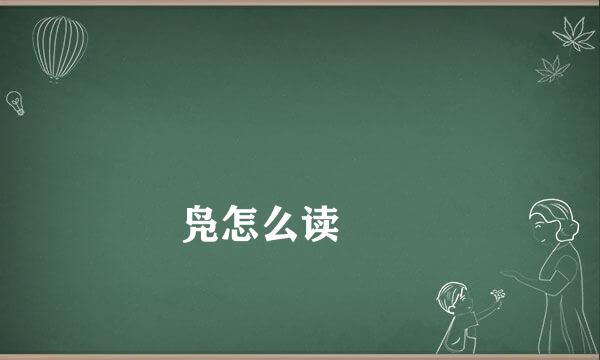
首先react(动词)是reaction(名词)的动词形式
reaction【n】其表达的意思主要有如下4点:
1. 反应,感应[C][U][(+to)]
What was his reaction to the plan? 带颂磨他对这个计划有什么反应?
2. 【化】【物】反应,反作用[C][U]
Putting an acid and a metal together causes a reaction. 将酸和金属放在一起会引起反应
3. 反动;复古;倒退[U][(+from/against)]
His efforts were defeated by the forces of reaction. 他的努力被反动势樱局力挫败。
4. (兴奋过度)疲倦,虚脱,体力不济[U]
react【vi】其表达的意思主要有如下6点:
1. 作出反应,反应[(+to)]
How did she react to the news? 她对这个消息反应如何?
2. 影响,起作用[(+on/upon)]
The two react upon each other. 这两者互相影响。
3. 抗拒,反抗[(+against)]
Children tend to react against their parents by going against their wishes.
孩子们通常以违背父母的意愿来反抗他们。
4. 起反作用,回过来起作用[(+on/upon)]
Unkindness often reacts on the unkind person. 恶人往往有恶报。
5. 【化】起化学作用;【物】反应[(+with/on)]
How do acids react on metals?
酸对金属会起怎样的化学反应?
An acid can react with a base to form a salt. 酸和碱反应会产生盐。
6.【军】反攻,反击
react【vt】的主要用法
使起(化学)反应;使发生相互作用[(+with)]
We make superphosphate by reacting rock phosphate with sulphuric acid.
我们使磷酸盐岩同硫酸发生化学反应制造过磷酸钙。
react的常见词组:
1. react to sb/sth 对…作出反应(回应)
No one reacted to his proposal. 没人对他蠢斗的提议作出反应。
2. react on / upon 对…产生影响, 反过来影响 = have an effect on
The rise o oil costs reacted on the price of food.
3. react against sb/sth 反对, 对抗某人(事)
Children sometimes react against the things their parents believe in.

















